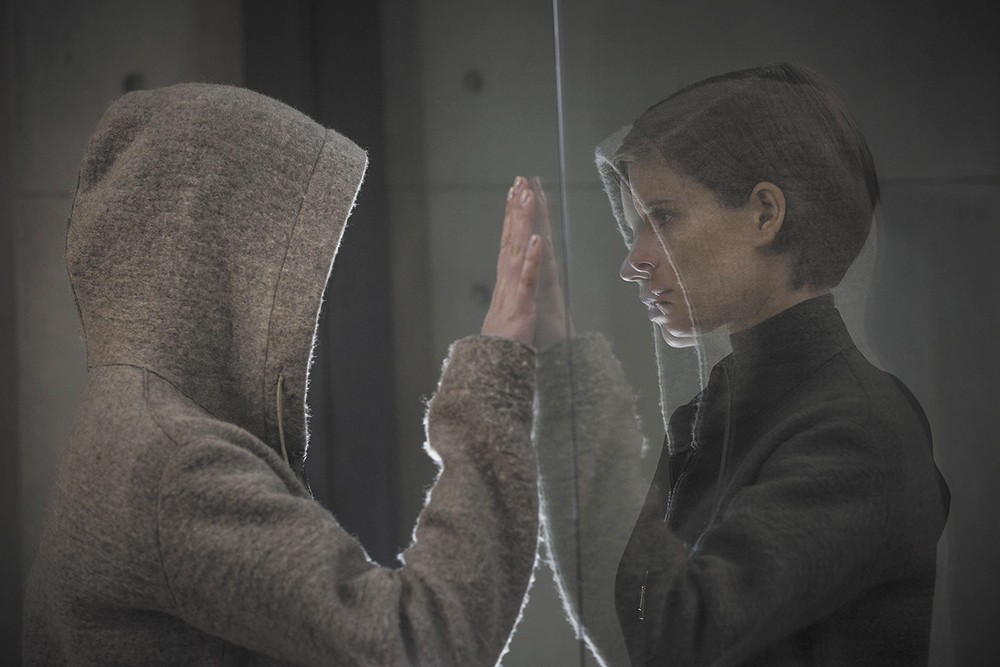Arrogant scientists create something unnatural and underestimate how powerful it is in a lot of movies. Maybe two-thirds of all science fiction? But Morgan is the one we're talking about now, the eager but lukewarm feature debut from director Luke Scott, whose father, Ridley, already holds a place of honor in the genre.
Livelier than its dull title yet still derivative of similar movies, Morgan is a sci-fi thriller in which an all-business risk-management consultant named Lee Weathers (Kate Mara) is sent by her corporation to a remote research facility where an experiment has gone awry — specifically, a lab-grown, artificial-intelligence creation called Morgan (Anya Taylor-Joy) has turned violent, endangering its potential as a consumer product.
As explained in the exposition-rich video that head researcher Dr. Simon Ziegler (Toby Jones) shows to Weathers (who must already know all of the information it contains), Morgan is the latest iteration in a years-long project involving artificial DNA and genetic manipulation — "the next step in evolution," yada yada yada. She — or "it," as Weathers insists — has the alien-like appearance of a sickly teenage girl and vast, unspecified mental acuity, perhaps even telekinetic powers. They designed her to be super-intelligent; the problem is that she might be too smart, and lacking in empathy to boot.
Morgan's scientist caretakers have grown attached to her, with married researchers Darren (Chris Sullivan) and Brenda (Vinette Robinson) Finch viewing themselves as her surrogate parents. The others (including an underused Jennifer Jason Leigh) seek to downplay Morgan's occasional sociopathic outbursts as anomalies, lest Weathers determine that Morgan must be "deactivated" (or whatever euphemism you prefer).
As is often the case with mediocre films, this one hinges on a question whose answer is obvious: Can Morgan be controlled, or at least contained? (No, she can't.) There are moments of tension and even horror, but there's only so much excitement to be found in watching brilliant scientists discover for themselves something that we knew the minute we walked in.
That's why the indispensable Paul Giamatti's mid-film appearance as a doctor doing a psychological evaluation of Morgan is so crucial: he's as skeptical as we are about the idea of unleashing Morgan on the world, pointing out that any subject who must be separated from her interviewers by a wall of protective glass has clearly already failed her psych evaluation.
Written by Seth W. Owen, the screenplay is blandly reminiscent of films like Ex Machina (artificial intelligence asking hard existential questions) and Hanna (deadly teen girls), only not as thoughtful or as elegantly executed. It's also laden with unnecessary characters (four more in addition to the ones already mentioned), yet somehow manages not to have a protagonist.
Still, even when it clumsily telegraphs its intentions, the film does have a zippy energy that keeps it from being stagnant. Unoriginal it may be, but boring it isn't, and Mara is good as a steely-eyed, no-nonsense corporate drone, unmoved by the staff's touchy-feeliness about Morgan. Will movie scientists ever learn? ♦

















